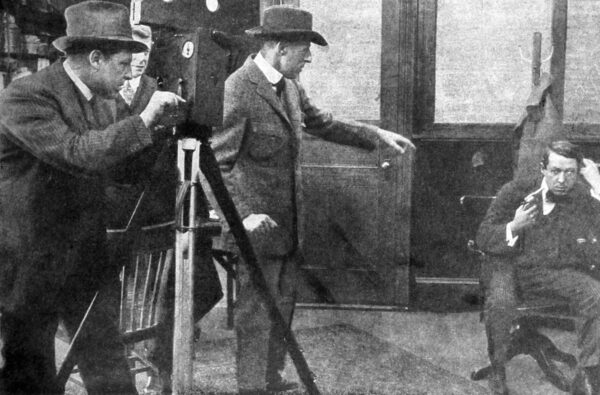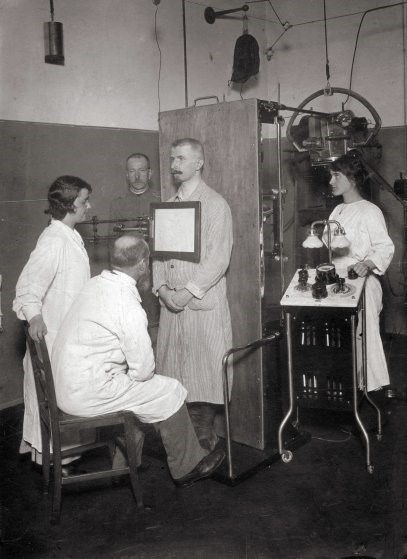Posts Tagged ‘employment law’

BIG BIZ BROTHER
Electronic Surveillance in the Workplace Many California businesses install on-premises video surveillance equipment to improve operations through the security of premises. Electronic surveillance can deter, prevent or help resolve theft, physically threatening incidents or other dangerous conditions or situations. Under California’s state constitution, all persons are entitled to a reasonable expectation of privacy from government […]

WHAT’S THAT AGAIN?
Hearing Disabled Applicants Deserve Equal Consideration The federal Americans with Disabilities Act (ADA) and California’s Fair Employment and Housing Act (FEHA) prohibit discrimination against persons with disabilities. An employer may not refuse to hire an otherwise qualified person because of a disability unless it is an insurmountable impediment to performing the job in question. On […]

BEGINNERS IN THE WORKPLACE
HERE GOES NOTHING How to Pass the Unpaid Intern Test In today’s tight labor market, employers may be tempted to offer unpaid internships to high school or college students. Before doing so, employers should carefully evaluate whether such interns legitimately qualify as unpaid. The U.S. Department of Labor (DOL) and the California Division of Labor […]

BACKGROUND CHECK GROUND RULES
Employers and Background Check Companies Must Distribute New Model “Summary of Rights” Form Employers are already tightly regulated on obtaining an applicant’s or employee’s credit information. Companies may only seek consumer credit reporting agency disclosure on credit-worthiness, credit standing or credit capacity in connection with ● specified job positions including managerial executives, ● jobs involving […]

DADS ARE PEOPLE TOO
EEOC Settles Male Gender Discrimination Case For $1.1 Million The U.S. Equal Employment Opportunity Commission (EEOC) has announced the $1.1 million resolution of its class action lawsuit against world-leading cosmetic company Estée Lauder. The government alleged Estée Lauder discriminated against a class of 210 new fathers under its paid parental leave policy. Although no federal […]

EVERY MINUTE COUNTS
Employers Must Pay for All Minutes Worked Before and After Shifts Employers who require workers to perform short tasks before or after clocking out for their shift will now need to rethink this practice, even if it takes only an extra minute or so per day to boot up or turn off a computer and […]

DRESS FOR SUCCESS
HOW TO ADDRESS THE EMPLOYEE DRESS CODE A well-written dress code and personal appearances policy clearly instructs employees on what type of business attire the company finds appropriate. Depending on the nature of the business enterprise or industry, employers may require employees to wear formal business attire every day. Some implement a more casual dress […]

PAST PAY IS PASSÉ
California’s Ban Clarified On Applicant Salary History Intended to eliminate traditional disparities in pay levels for the same or similar work, new California Labor Code section 432.3 prohibits employers from seeking an applicant’s salary history. See, What’s New 2018 – Salary History (December 2017). On the other hand, such employers must disclose a job position’s […]

PART-TIMERS IN CALIFORNIA
Same Rules for Rest Breaks, Meal Periods and Paid Sick Leave Hiring workers for shortened hours or for fewer days weekly does not absolve an employer from complying with the full range of workplace legal requirements. In fact, greater attention may be required with part-time employees to avoid the wage and hour pitfalls. Paid Rest […]

KNOWLEDGE IS POWER
Changes to California’s Mandatory Workplace Notice and Pamphlet on State Benefit Programs California employers must conspicuously display required labor posters or notices where all employees may view them in each company location. The posters cover a broad array of topics including minimum wage requirements, safety and health requirements, workers’ compensation information, and whistleblowing protection. California […]
